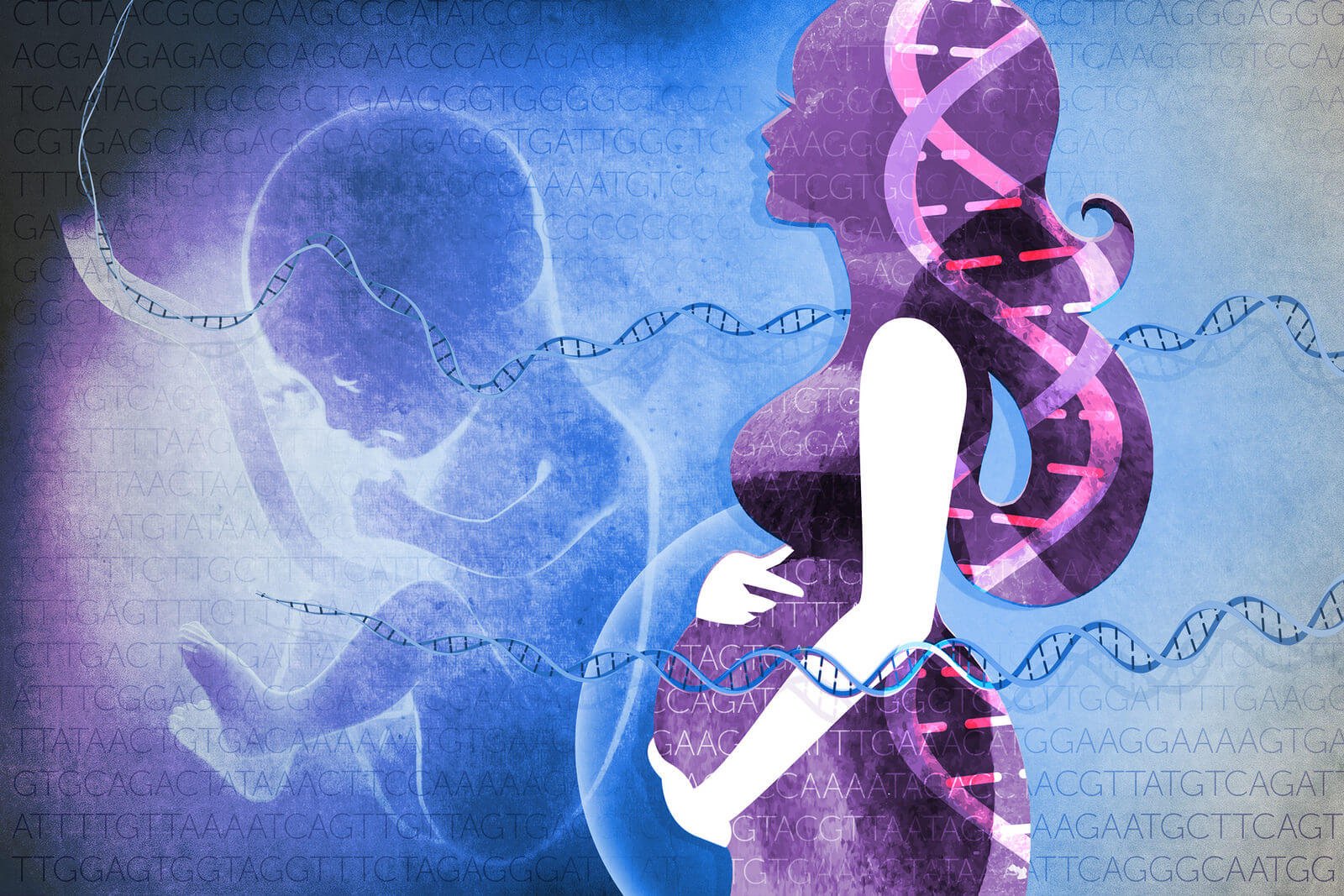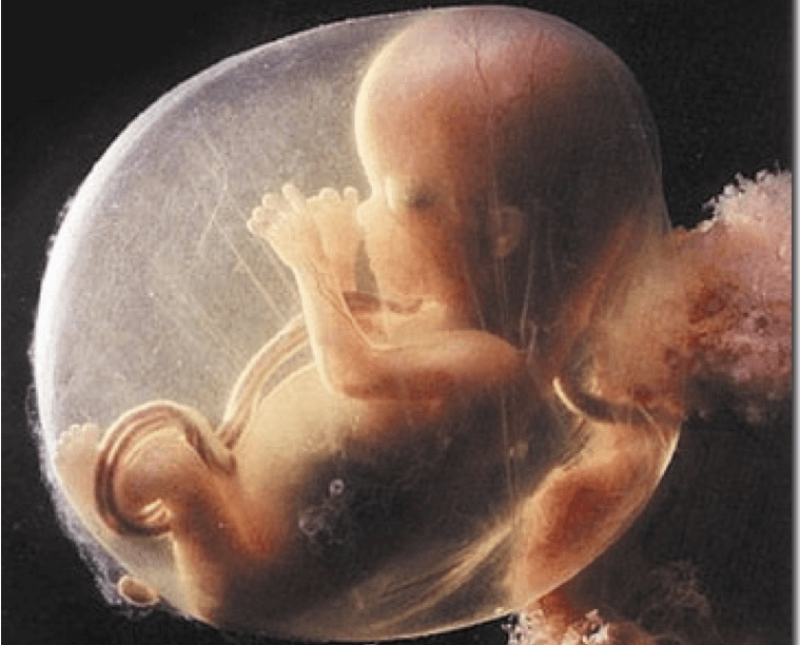
We could potentially cure many more diseases with germline therapies, which involve editing sperm and egg cells. But this stirs controversy, as it but would result in heritable changes in DNA that patients would pass on to their offspring. This is kind of genetic engineering goes beyond anything we’ve ever done before and “could change the genetic makeup of humans, in possibly unpredictable ways,” STAT News contributor Patrick Skerrett noted several years ago.
Skerrett’s observation isn’t hyperbole. A study published last summer, for instance, showed that edited embryos sometimes displayed unintended (or “off-target”) mutations that could have led to birth defects and possibly cancer had they been used to start a pregnancy, spurring some experts to conclude that we should “stay the living daylights away from embryo editing.” It’s also possible that the technology could be used one day to give children increased strength, musical ability, unique athletic skills, physical beauty or innumerable other special qualities—so-called designer babies.
Other scientists aren’t as worried, and point out that germline editing, properly regulated, could advance our understanding of early embryonic development and alleviate much suffering by eliminating debilitating diseases before a birth occurs. The public appears to support this application of germline editing as longs its for therapeutic purposes, according to a July 2020 survey, although approval of the technology was lower among people who knew more about genetics and genome editing.
The ultimate question is: can we safely and ethically harness the capabilities of germline editing, or are we inviting disaster by tinkering with birth as it now happens (recognizing that through contraception and non genetic intervention already change the ‘natural order’ of the birth process?
On the latest episode of the Talking Biotech podcast, host and geneticist Kevin Folta talks with bioethicist Christopher Gyngell to answer these challenging questions and to discuss how public perception could influence the future of germline editing and humanity itself.
Christopher Gyngell heads up the Biomedical Ethics Research Group at Murdoch Children’s Research Institute in Australia. Follow them on Twitter @Berg_MCRI
Kevin M. Folta is a professor in the Horticultural Sciences Department at the University of Florida. Follow Professor Folta on Twitter @kevinfolta
The Talking Biotech podcast, produced by Kevin Folta, is available for listening or subscription:
Apple Podcasts | Android | Email | Google Podcasts | Stitcher | RSS | Player FM | Pod Directory | TuneIn































